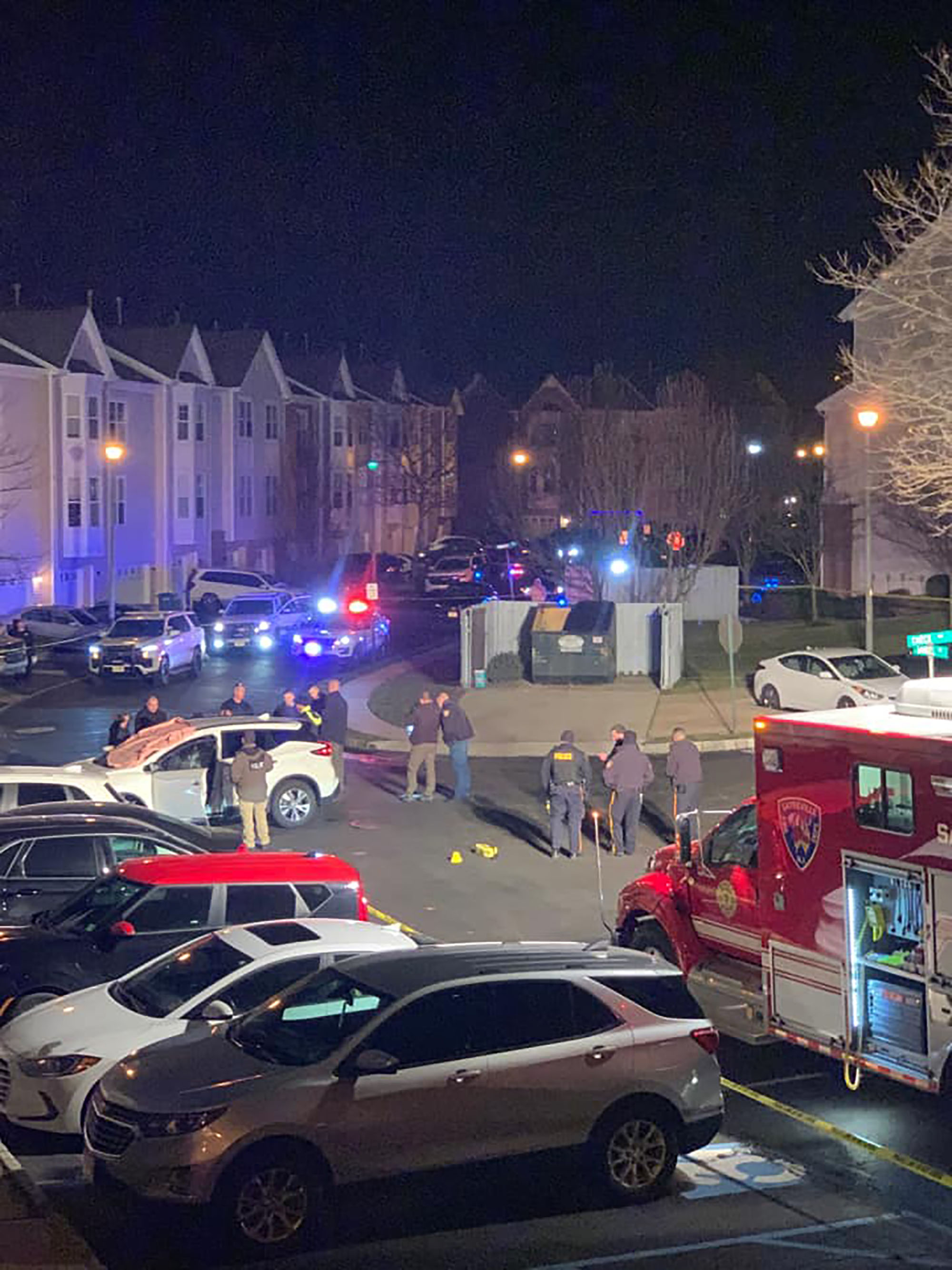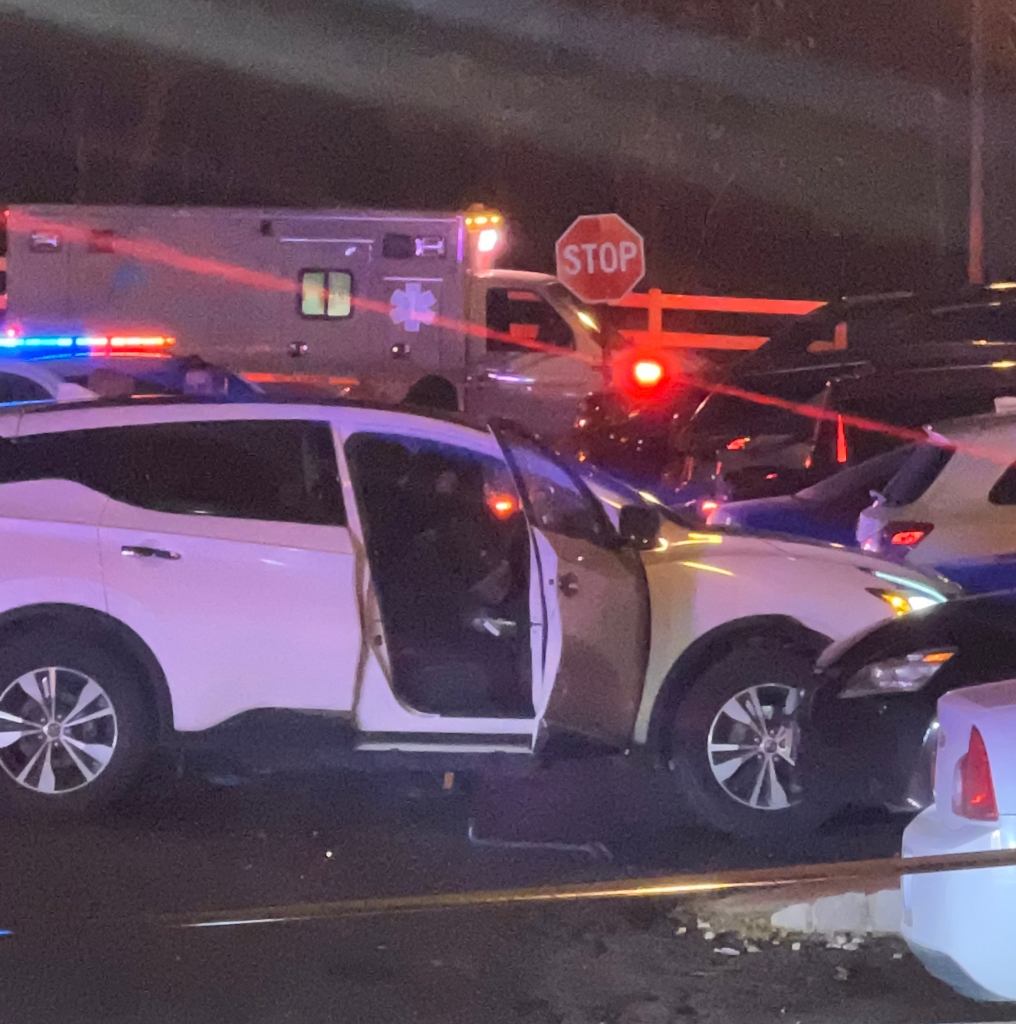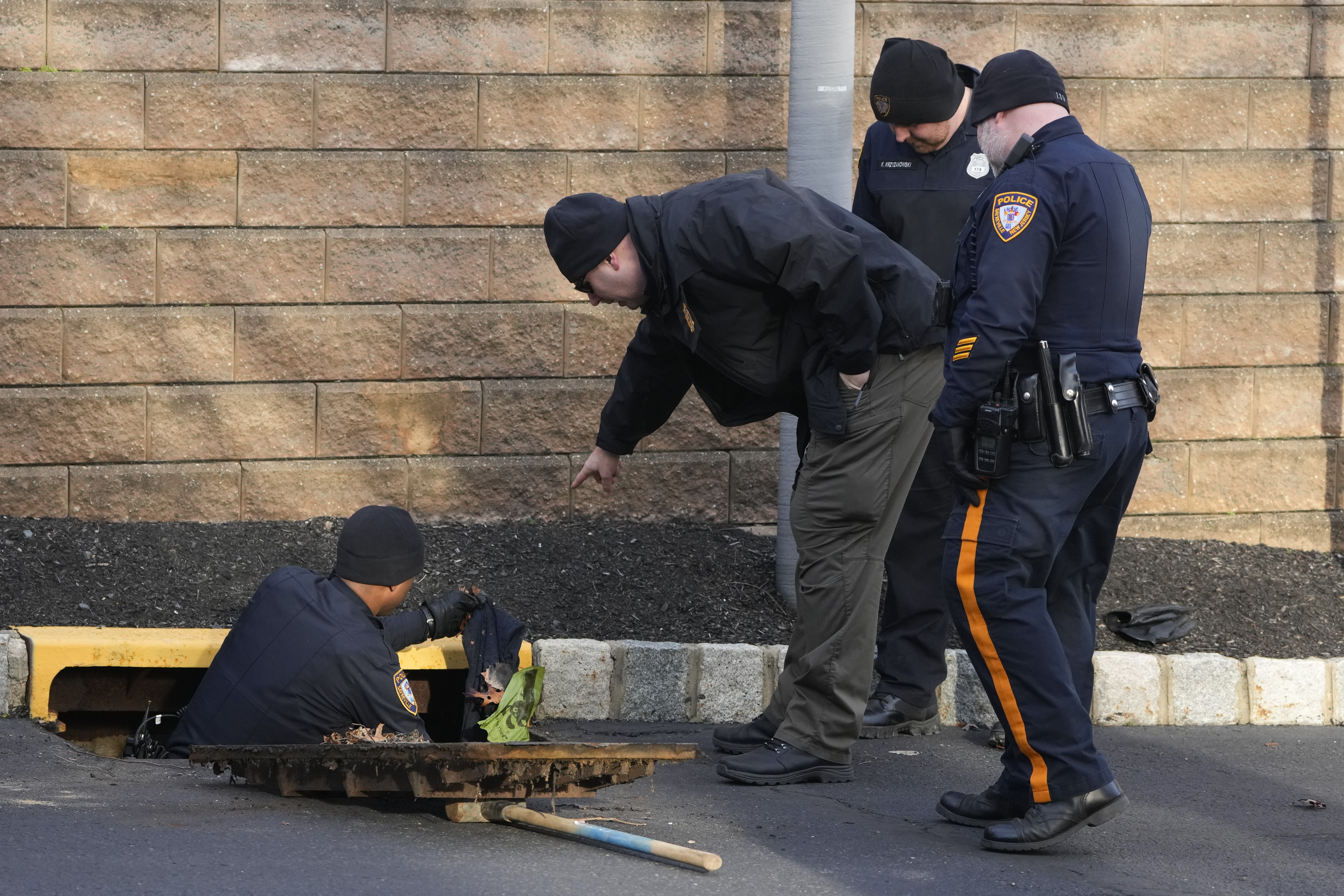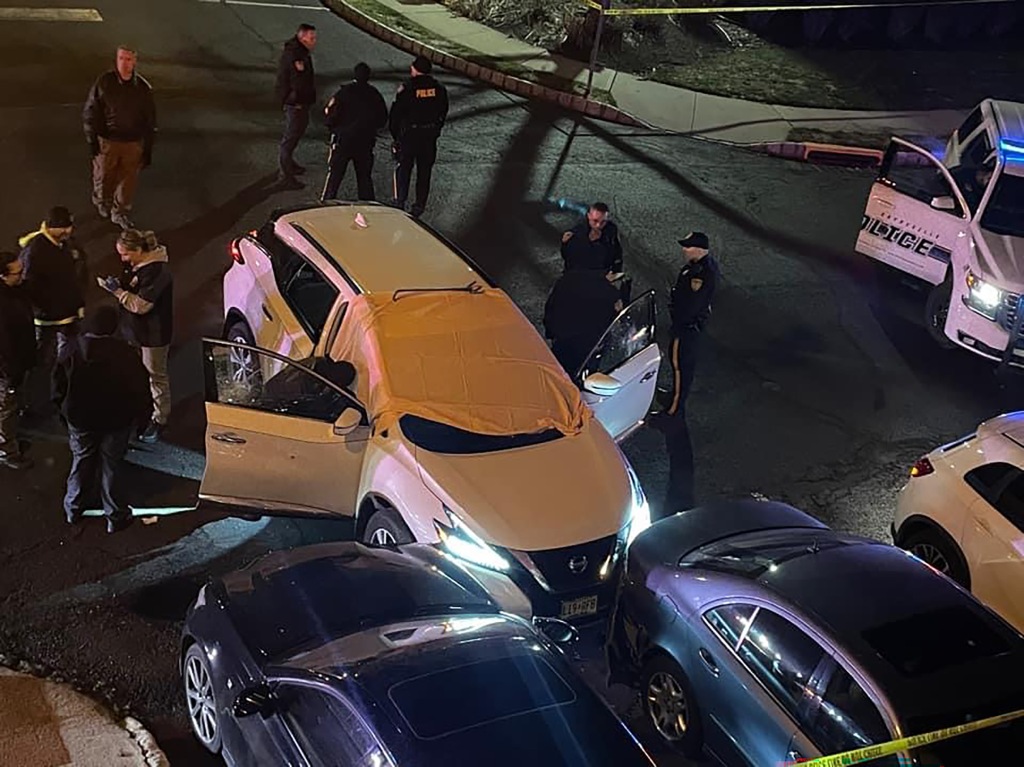Eunice Dwumfour’s murder likely not politically-motivated: gov
The “shocking” murder of New Jersey Councilwoman Eunice Dwumfour does not initially appear to be politically motivated, according to Garden State Gov. Phil Murphy.
Murphy told WNYC Thursday that the murder late Wednesday — in which the 30-year-old Republican was repeatedly shot in her SUV, which then crashed with her slumped over the wheel — felt “very specific.”
“Unfortunately, there’s very little that is known right now,” Murphy said in his weekly sitdown with the radio show, according to NJ.com.
But “it does not appear to be related to her position as an elected councilwoman in Sayreville,” he said of Dwumfour, a newlywed mom.
“Again, please God, it doesn’t,” he stressed.
“It’s awful. It’s shocking,” Murphy said of the deadly shooting outside Dwumfour’s Sayreville home just before 7:30 p.m.
“But nothing’s gonna bring her back, sadly, and this is a huge, huge tragedy and loss.
“I promise you that we’ll do anything we can to track down this murderer,” he said of the shooter some witnesses reported seeing flee and hop a wall to get to the Garden State Parkway, which edges the complex.


Cops have said it appears that the gunman had targeted Sayreville, and Murphy said that “there’s no evidence it was accidental.”
However, officials have yet to point to a potential motive for the murder of the Republican who was elected in November 2021 after upsetting the sitting Democrat.
A witness told The Post that Dwumfour’s car was hit with about 12 shots, which was backed up by the markers photographed surrounding the vehicle.


Investigators at the murder scene told The Post that Dwumfour — whose husband is a pastor in Nigeria — was caught on video speaking to the shooter just moments before her death.
At an unconnected press conference Thursday, the FBI confirmed that agents would be assisting the investigation.
“The FBI is aware of that incident and we are working with all of our partners in order to find out more about that incident,” said the FBI Special Agent in charge of the Newark field office, James Dennehy.
Read the full article Here


